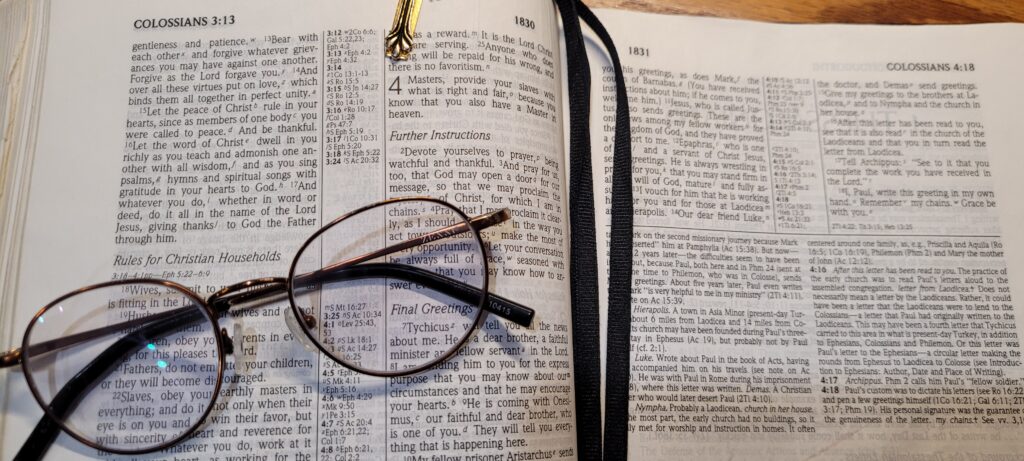The Banquet
Isaiah 25:6–8a On this mountain the Lord Almighty will prepare a feast of rich food for all peoples, a banquet of aged wine— the best of meats and the finest of wines. On this mountain he will destroy the shroud that enfolds all peoples, the sheet that covers all nations; he will swallow up death forever.
When I read this passage about “the best of meats and finest of wines,” I tend to think about all the meats I like to eat: ribs, pulled pork, brisket, fried catfish, grilled lobster, a tender juicy ribeye, all kinds of chicken … and the list goes on and on. I am aware that many of the things on my list were not kosher for God’s chosen people to eat, so I am extremely grateful that Jesus freed us from those dietary restrictions of the Old Testament. I love the vision Peter saw in Acts 10.
The meats that are always near the top of my list are some kind BBQ. Today is the annual BBQ at Zion Lutheran Church, Lockett, Texas, the congregation where Cheryl grew up. They have been having this fundraiser for more than 50 years. It is always on the Friday after Easter. While we have attended this event many times over the years, Cheryl and I have been helping out as workers for the last several years,
My Father-in-law, who was the pastor of that congregation for 30 years, was instrumental in starting this event and, to my knowledge, he did not miss a single BBQ until this year. He is now at that Easter banquet Isaiah was describing, because death has been swallowed up for him.
The one who paid for his sin did the same thing for all of you. By His death, Jesus has destroyed the power of death for you (Hebrews 2 :14).
I’ll be remembering that when I feast on BBQ today.

